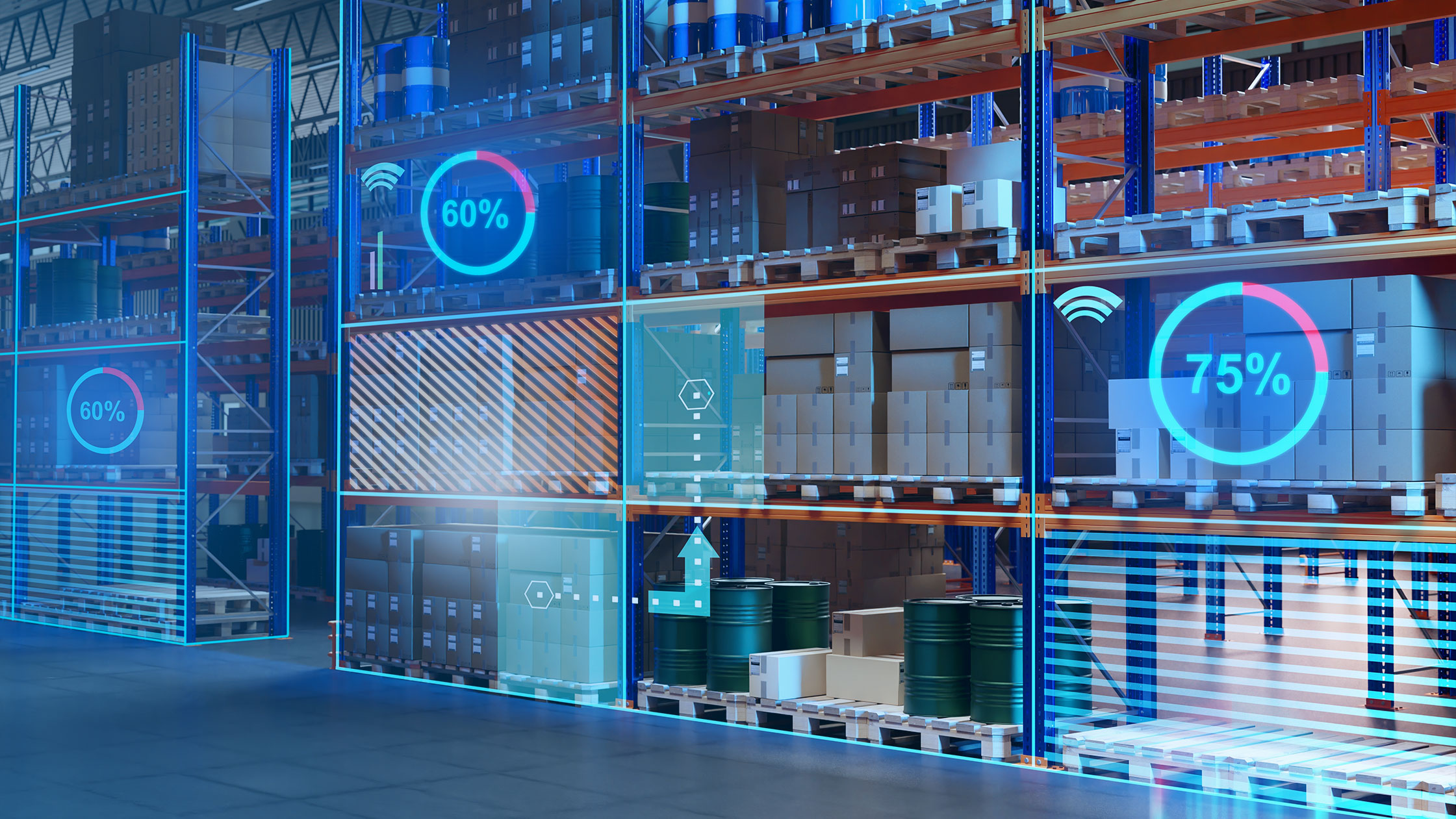
Listen to this blog
In the dynamic retail environment, addressing consumer demands and global challenges necessitates strategic innovation. Retailers who embrace key advancements can effectively manage these challenges and gain a competitive edge. Here are five critical innovations shaping the future of retail supply chains and their implications for maintaining competitiveness.
1. Supply chain orchestration
A well-coordinated supply chain is crucial for operational efficiency. Retailers must ensure that all components of their supply chain—suppliers, distribution centers, and retail locations—are integrated effectively. Achieving real-time visibility, making data-driven decisions, and streamlining processes are essential for coordinating supply chain activities. Effective supply chain orchestration reduces costs and ensures timely product delivery, enhancing overall customer satisfaction.
2. Intelligent planning
Intelligent planning utilizes advanced data analytics and forecasting tools to predict demand more accurately and manage inventory more effectively. This approach helps retailers avoid stockouts and overstock situations, improving their ability to respond to market changes. Accurate planning ensures that products are available when customers need them, aligning supply with demand.
3. Unified consumer experience
As consumers seamlessly transition between online and in-person shopping, retailers must provide a consistent experience across all channels. Digital commerce solutions help achieve this by integrating online and in-store shopping experiences. Ensuring a cohesive omnichannel experience is crucial for maintaining customer engagement and loyalty, requiring alignment between digital and physical commerce strategies.
4. Smart manufacturing
Smart manufacturing replaces traditional manual processes with automation and IoT technologies. These advancements provide real-time insights into production, reduce waste, and improve product quality. For retailers, smart manufacturing enhances operational efficiency and ensures faster responses to changes in demand. Additionally, it often supports more sustainable practices, addressing environmental concerns.
5. Green supply chains
With increasing consumer demand for sustainability, integrating eco-friendly practices into the supply chain has become essential. Retailers focus on reducing carbon footprints, ensuring ethical sourcing, and implementing sustainable practices. Committing to sustainability not only meets regulatory requirements but also builds consumer trust by aligning with values of environmental responsibility.
Conclusion
Retailers must embrace innovation in their supply chain to remain competitive in the evolving retail landscape. Focusing on supply chain orchestration, intelligent planning, digital commerce, smart manufacturing, and sustainability will enhance operational efficiency and strengthen market position. These advancements are fundamental for developing a resilient and adaptable supply chain to meet future challenges and opportunities.

Rauf Ahmed, SVP Supply Chain Consulting
With nearly two decades in supply chain and distribution, Rauf Ahmed is the SVP of Supply Chain Business Solutions at Visionet. Holding PMP and APICS CPIM credentials, he leads a team to deliver tailored solutions for industries like apparel, CPG, and food. Rauf specializes in optimizing supply chains, leveraging technology, and driving operational excellence.




